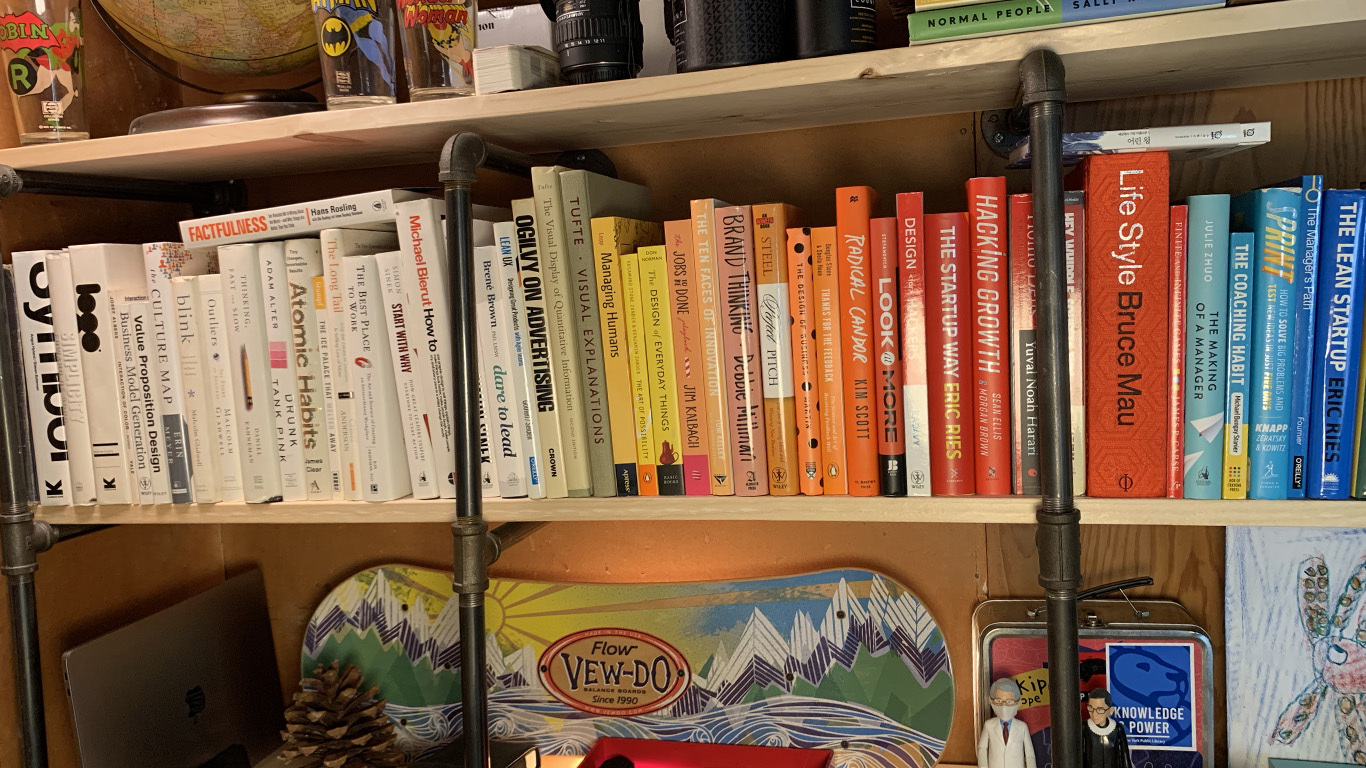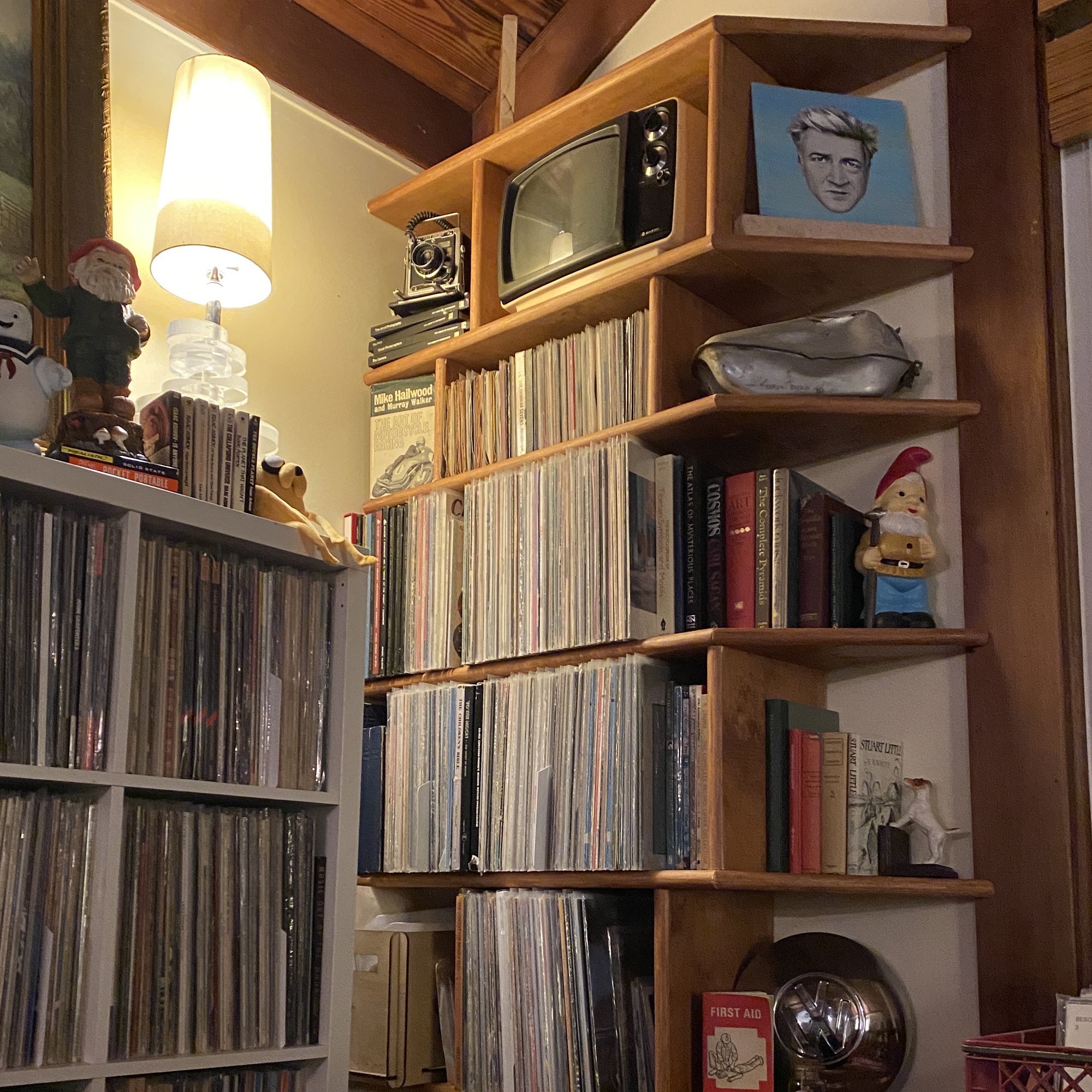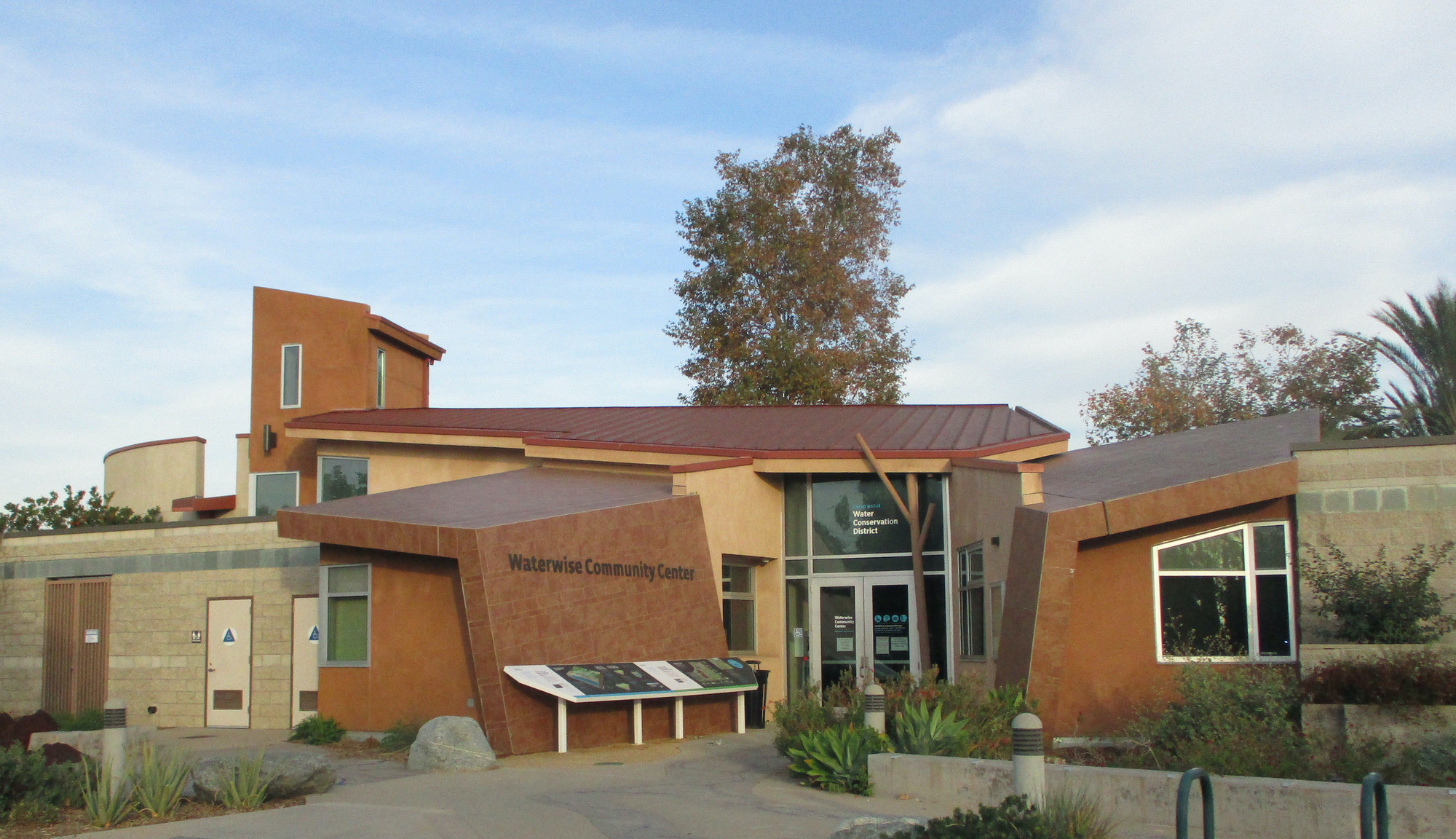Jen Dary

Back in August, Skipper had a conversation with Jen Dary about her personal experiences and insights on leadership coaching, the importance of self-awareness and belief in one's abilities, Plucky's So Now You're a Manager (SNYaM), navigating the publishing industry, and prioritizing self-care in the coaching profession. Other topics include:
Jen shares her experience as the oldest of three kids and how it influences her leadership style and ability to empathize with others (it might play it yours as well, dear listener)
She highlights the importance of identifying a specific niche in coaching and how coaching is different from consulting
Jen emphasizes the importance of setting a finite amount of time for coaching and encourages clients to come as long as they need and go when they're ready
She primarily works with clients in technology, including engineers, designers, product managers, professors, academics, and doctors, with a majority of them being women
Jen reflects on the importance of understanding one's purpose of work and encourages listeners to measure their current job against that purpose
She talks more about So Now You're a Manager (SNYaM), a manager training program that she's developed at Plucky currently modeled after a part-time MBA plus, the importance of community and connection in learning, and the challenges of remote training
Jen has observed a trend of people in the tech industry expressing a desire to retire earlier and wanting to "do their own thing"
She talks about recently watching "The Andy Warhol Diaries," a six episode Netflix series, and having a greater understanding of the '70s and '80s
Stay tuned until the end for an outtake around speaking French to a stranger on the train in front of her sons Special Guest: Jen Dary.
 View of the three shelves behind Skipper's standing desk
Laura and Skipper also reference the following previous episodes, in order of being published, including:
* Jack Kahana (https://www.howthisworks.show/001-jake-kahana), the first episode
* Dr. Peter Chin-Hong (https://www.howthisworks.show/003-dr-peter-chin-hong), the third episode
* Selena Rosanbalm (https://www.howthisworks.show/006-selena-rosanbalm), the sixth episode
* Cassandra Carlopio (https://www.howthisworks.show/015-cassandra-carlopio), the 15th episode
* Kat Hantas and Nicole Emanuel from 21Seeds (https://www.howthisworks.show/017-kat-hantas-nicole-emanuel), the 17th episode
* Sally McRae (https://www.howthisworks.show/018-sally-mcrae), the 18th episode
* Piper Payne (https://www.howthisworks.show/020-piper-payne), the 20th episode
Stay tuned after the outro music for a bit of tape where Skipper pauses for a bit of background noise and how from where Laura's sitting, the microphone makes it looks like his nose is a black bit of foam. Special Guest: Skipper Chong Warson.
View of the three shelves behind Skipper's standing desk
Laura and Skipper also reference the following previous episodes, in order of being published, including:
* Jack Kahana (https://www.howthisworks.show/001-jake-kahana), the first episode
* Dr. Peter Chin-Hong (https://www.howthisworks.show/003-dr-peter-chin-hong), the third episode
* Selena Rosanbalm (https://www.howthisworks.show/006-selena-rosanbalm), the sixth episode
* Cassandra Carlopio (https://www.howthisworks.show/015-cassandra-carlopio), the 15th episode
* Kat Hantas and Nicole Emanuel from 21Seeds (https://www.howthisworks.show/017-kat-hantas-nicole-emanuel), the 17th episode
* Sally McRae (https://www.howthisworks.show/018-sally-mcrae), the 18th episode
* Piper Payne (https://www.howthisworks.show/020-piper-payne), the 20th episode
Stay tuned after the outro music for a bit of tape where Skipper pauses for a bit of background noise and how from where Laura's sitting, the microphone makes it looks like his nose is a black bit of foam. Special Guest: Skipper Chong Warson. Stay tuned after the outro music to hear Skipper work out the right way to introduce Piper as an audio mastering engineer or a mastering engineer. Special Guest: Piper Payne.
Stay tuned after the outro music to hear Skipper work out the right way to introduce Piper as an audio mastering engineer or a mastering engineer. Special Guest: Piper Payne.
 Stay tuned after the outro to hear Carl talk more about Chinese landscape painting.
This episode was edited and mastered by Troy Lococo. Special Guest: Carl Welty.
Stay tuned after the outro to hear Carl talk more about Chinese landscape painting.
This episode was edited and mastered by Troy Lococo. Special Guest: Carl Welty.